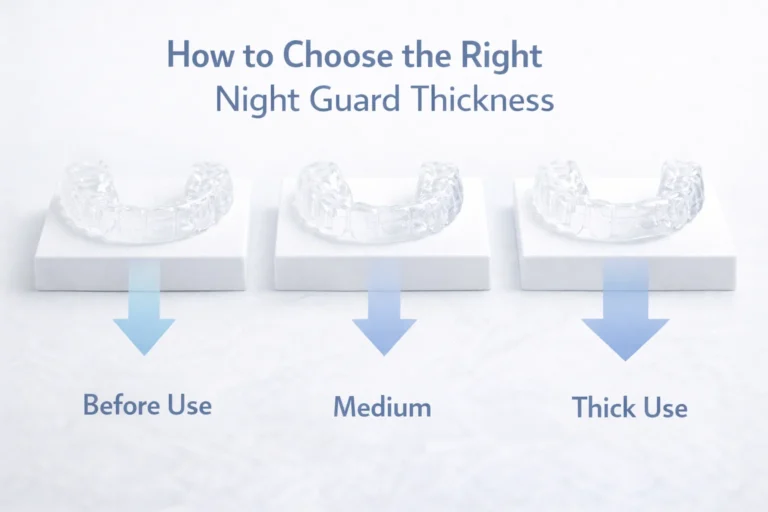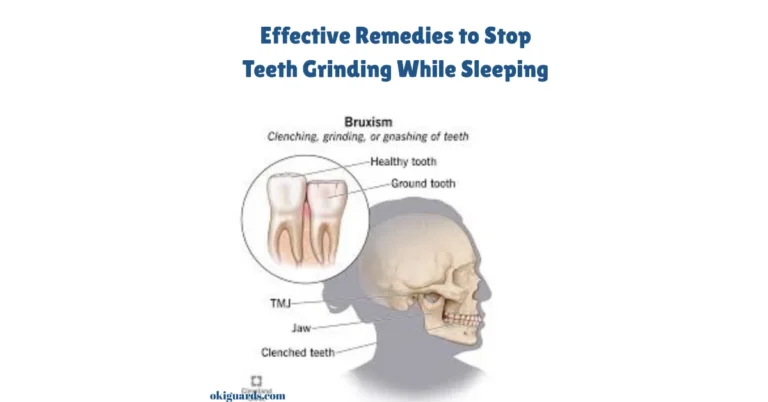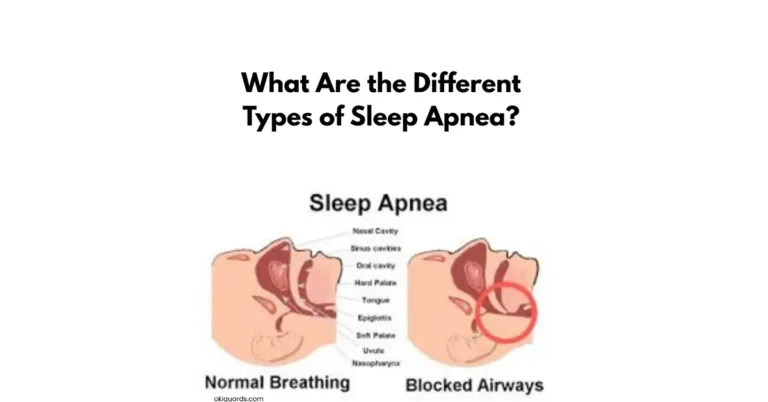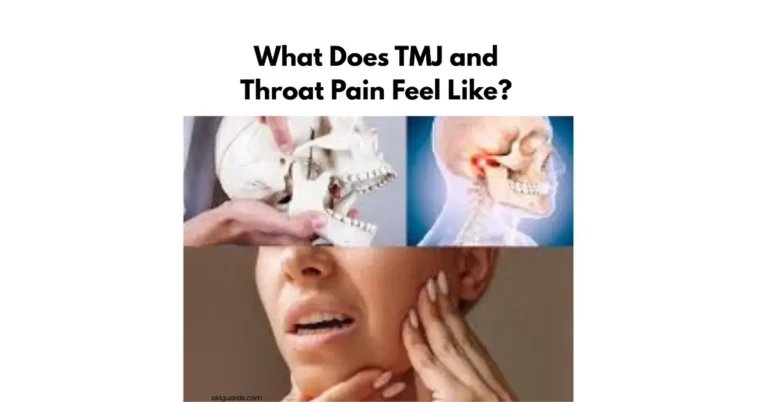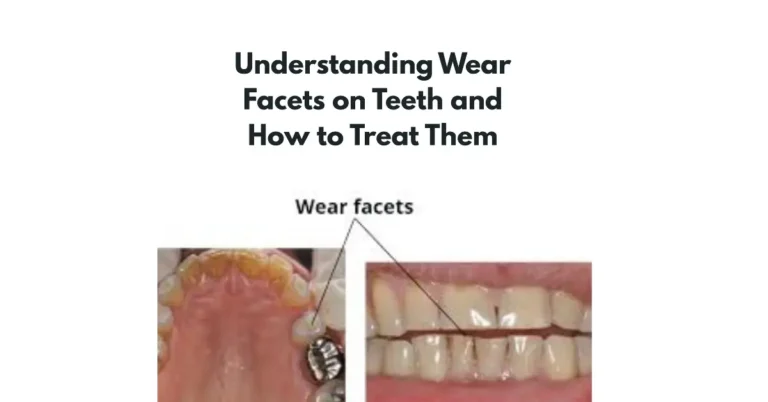How Magnesium Can Help Relieve Teeth Grinding (Bruxism)?
Teeth grinding (bruxism) is a common issue that can lead to headaches, jaw pain, and tooth damage. Many people are unaware they are grinding their teeth, especially at night. One potential solution to reduce this condition is magnesium, a mineral known for its ability to relax muscles and support nervous system function. Magnesium can play an important role in reducing the effects of magnesium teeth grinding.
When there’s a magnesium deficiency, it can contribute to increased muscle tension and stress, both of which are linked to bruxism. By ensuring adequate magnesium intake, you may be able to reduce the intensity of teeth grinding and protect your oral health.
In this blog, we’ll discuss how magnesium helps with teeth grinding, the best ways to incorporate it into your diet, and other strategies to manage bruxism effectively.
How Magnesium Helps with Bruxism?
Magnesium helps with bruxism by supporting muscle relaxation and reducing stress, both of which are key factors in teeth grinding. When magnesium levels are adequate, it can help calm the nervous system and ease muscle tension, reducing the urge to grind teeth. This is particularly helpful during sleep when many people unconsciously grind their teeth. Magnesium also plays a role in regulating cortisol, the stress hormone, which can contribute to teeth grinding when elevated.
By supplementing with magnesium or consuming magnesium-rich foods, the muscle spasms and tension that often lead to bruxism can be reduced. Magnesium can also improve overall sleep quality, which reduces the chances of grinding teeth during the night. Ultimately, maintaining proper magnesium levels may help prevent the cycle of teeth grinding and protect both your teeth and your jaw from damage.
Why Magnesium Deficiency Causes Teeth Grinding?
Magnesium deficiency can cause teeth grinding because magnesium plays an important role in muscle function and relaxation. When your body lacks magnesium, it can cause muscles to tighten and become more sensitive to stress. This can promote involuntary movements like teeth grinding (bruxism), especially during sleep. Magnesium helps regulate neurotransmitters and nerve function, which is essential for controlling muscle activity. Without enough magnesium, the nerves and muscles in your jaw may become overstimulated, contributing to bruxism.
Additionally, magnesium helps manage stress and anxiety, which are common triggers for teeth grinding. When magnesium levels are low, the body’s stress response can become more pronounced, leading to increased tension in the jaw and grinding of the teeth.
Magnesium-Rich Foods to Help Prevent Bruxism
Incorporating magnesium-rich foods into your diet can help prevent bruxism by supporting muscle relaxation and reducing stress. Here are some great sources of magnesium that may help manage teeth grinding:
- Leafy Greens: Spinach, kale, and Swiss chard are packed with magnesium.
- Nuts and Seeds: Almonds, cashews, sunflower seeds, and pumpkin seeds are all magnesium-rich options.
- Whole Grains: Brown rice, oats, and quinoa provide a good amount of magnesium.
- Legumes: Beans, lentils, and chickpeas are not only high in magnesium but also provide fiber and protein.
- Fish: Salmon and mackerel are excellent sources of magnesium and other nutrients that promote overall health.
How Much Magnesium Should You Take for Teeth Grinding?
The recommended amount of magnesium for teeth grinding can vary depending on factors such as age, gender, and overall health. However, the general guideline for magnesium intake is:
| Group | Recommended Daily Intake of Magnesium |
| Adults | 310–420 mg (depending on age and gender) |
| Women | 310–320 mg |
| Men | 400–420 mg |
Can Magnesium Cure Teeth Grinding?
Magnesium may help reduce the symptoms of teeth grinding (bruxism), but it is unlikely to completely cure the condition. While magnesium plays a key role in muscle relaxation and stress reduction, which can decrease the frequency and severity of teeth grinding, it doesn’t address all the underlying causes of bruxism.
Teeth grinding is often linked to factors such as stress, anxiety, misaligned teeth, or sleep disorders. Magnesium can be part of a comprehensive approach to managing bruxism, but it may need to be combined with other treatments like stress management techniques, night guards, or dental care. It’s important to talk to a healthcare provider to develop a treatment plan that works best for you.
FAQs
Final Verdict
Magnesium can be a helpful tool in reducing teeth grinding or bruxism by promoting muscle relaxation and stress relief. While it may not completely cure the condition, it can significantly reduce symptoms and improve oral health. Combining magnesium with other treatments can offer a more effective approach to managing bruxism.

